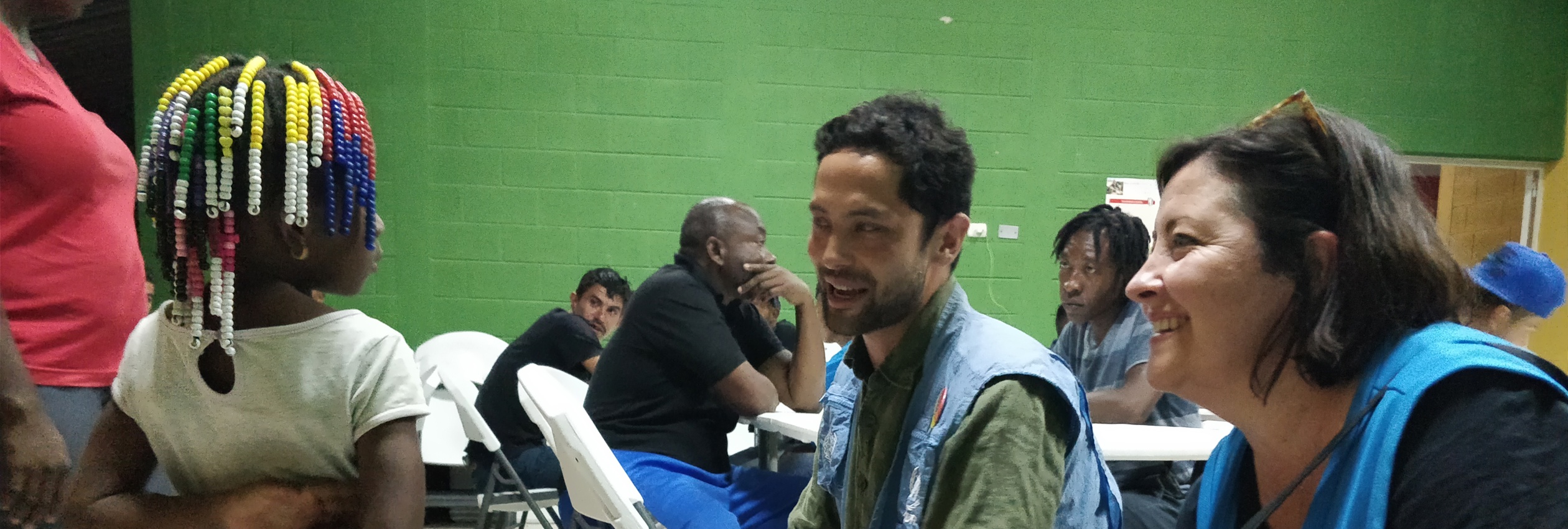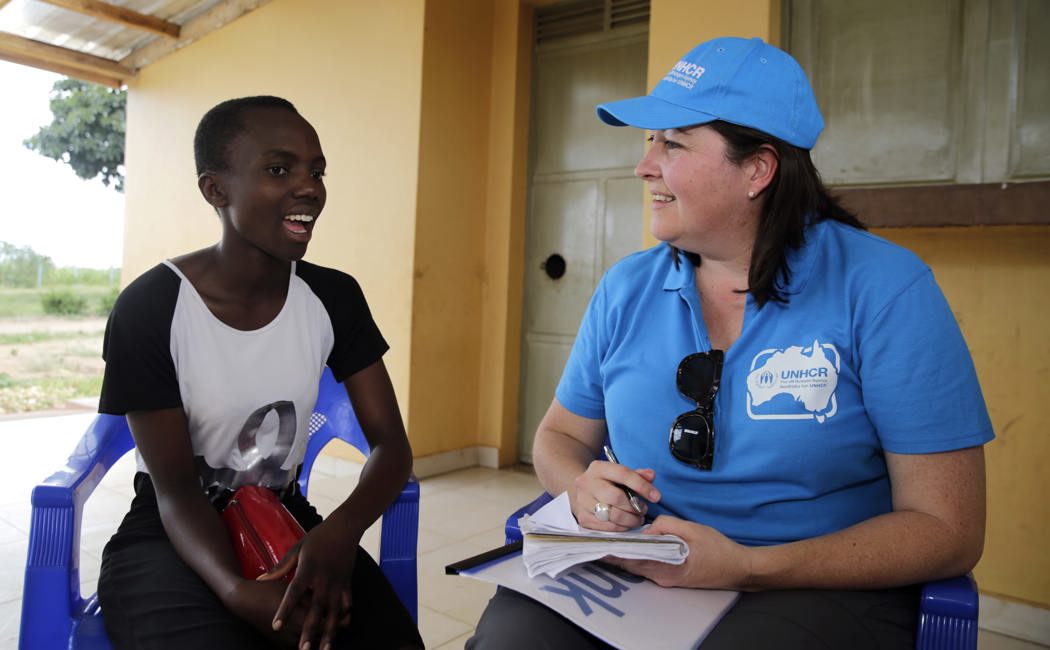What’s your proudest work achievement?
My proudest achievement is becoming the CEO of Australia for UNHCR. I am fortunate to lead a team of dedicated people who care about helping refugees and displaced people. By supporting UNHCR’s global work, we are able to make a difference in the lives of the world’s most vulnerable people. As well as fundraising for the latest humanitarian emergencies, Australia for UNHCR also supports long-term development projects for refugees. I’m proud that we work with refugees everywhere – from the Rohingya people who were forced to flee Myanmar five years ago to Syrian refugees who haven’t been able to return home for more than a decade. I’m also really proud that we do so much work to support women and girls.
Why do you think the Leading Women Fund is such a powerful force for change?
I think there’s something very special about connecting women with other women, regardless of their culture or their background. Donors to our Leading Women Fund have been able to meet Syrian refugee women in Jordan through the Connecting Worlds app. This innovative technology has enabled LWF members to help understand the lives of the Syrian refugee women they support. Our LWF Ambassador Janine Allis was in Jordan a few months ago meeting some of these Syrian refugee women. She described it well when she said, “There is a misconception people have when they look at refugees, thinking of them as ‘others’. But I could see myself in these women, as a mother and as a businesswoman.”
Finally, tell us a few things about yourself that we don’t know…
I grew up in country Queensland. As a kid I lived in Quilpie and then in Roma. We had a horse called Smokey and I used to ride him without his saddle. Things were pretty casual in Queensland back in the ’70s and ’80s – shoes weren’t compulsory in my primary school so I got around barefoot most of the time. My parents are very kind and they taught me to take people as they come, and that you can learn something from everyone. This continues to be my approach today.

















 Australia
Australia
